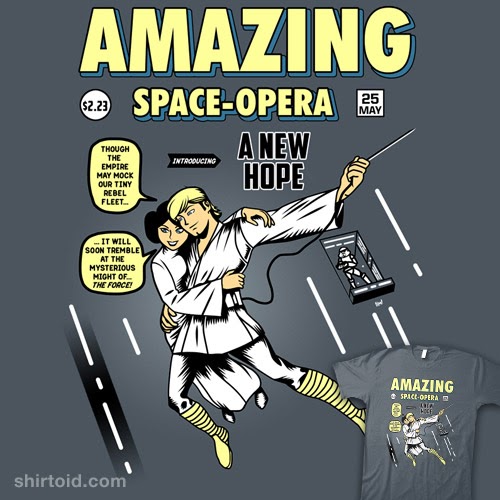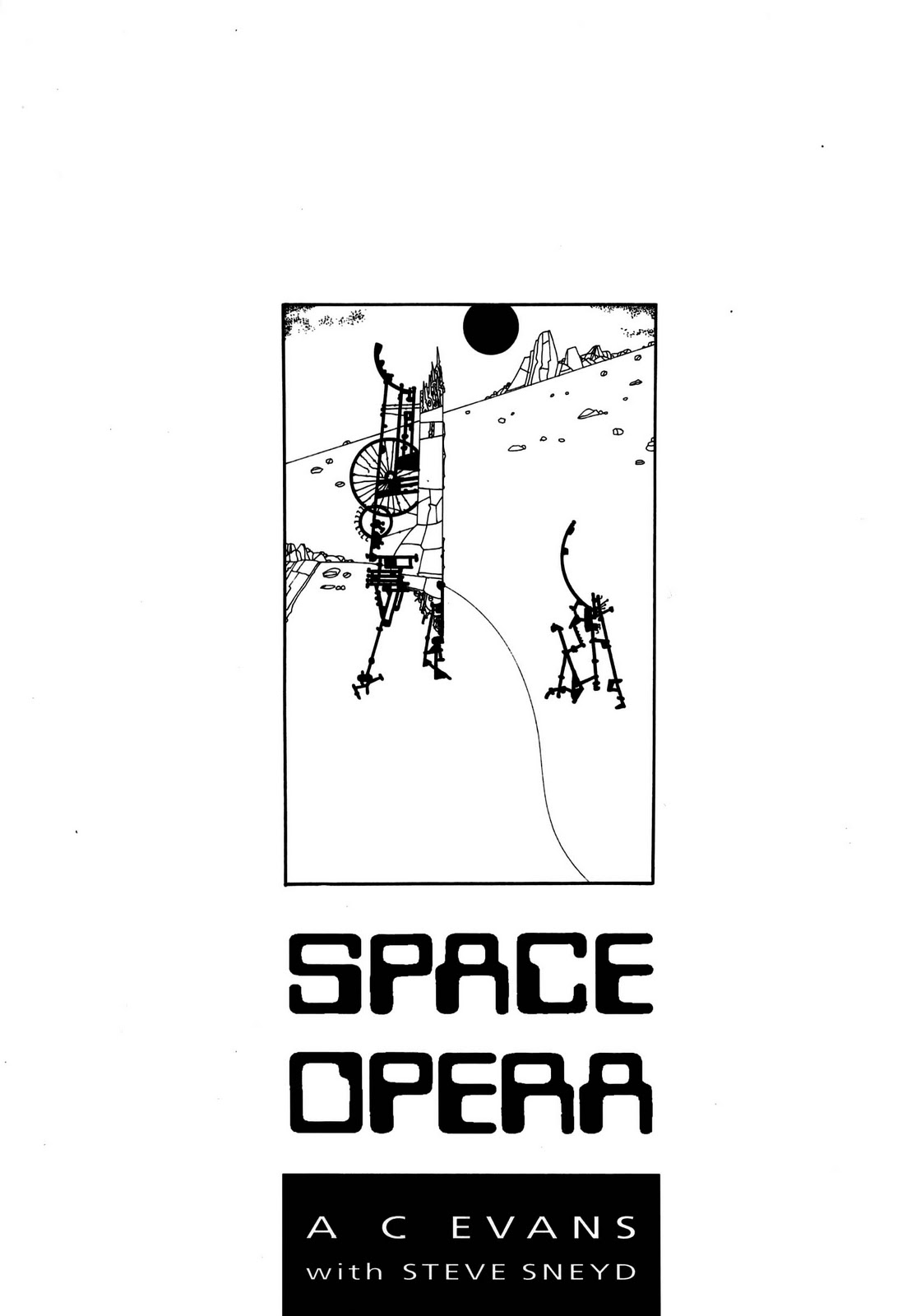

- #SPACE OPERA UPGRADE#
- #SPACE OPERA FULL#
- #SPACE OPERA CODE#
- #SPACE OPERA LICENSE#
- #SPACE OPERA SERIES#
Martin’s dense fantasy novels into a high-concept serialized drama. In the mid-2000s, television began to experience a sea-change: ABC introduced LOST, a science fiction mystery that adopted serialized storytelling for its seasons, and was later followed by Game of Thrones, which adapted George R.R. Characters like Daniel Jackson, Captain Samantha Carter, Captain Kirk, john Crichton, Aeryn Sun, Malcolm Reynolds, and many others develop over time, and ultimately, make their respective shows memorable. They're shows where the episode-of-the-week model fits nicely, because it allows showrunners to play with the same concept in various permutations, and in instances where the show runs for multiple seasons, it allows the characters - rather than the concept - to run the story. They're high-concept, in that they they have a fairly straightforward idea at their core: A crew of a spaceship exploring bold new worlds an astronaut is blasted into a distant galaxy and ends up on a living spaceship a team of explorers visiting new planets and civilizations through an alien artifact the last fleet of humanity escapes genocide. I have a lot of nostalgic love for this era of space opera television, which in my mind stands apart from some of the more recent shows like Syfy/Amazon's The Expanse and Apple's For All Mankind.
#SPACE OPERA FULL#
I never really got into Star Trek (although I’ve been enjoying Discovery and Lower Decks), but my formative years were full of shows like Stargate SG-1/Atlantis/Universe, as well as the SCI FI’s Battlestar Galactica, Firefly, and Farscape.

And, it’s a fun series: there’s plenty of humor and excitement, new aliens to meet and worlds to explore. Babylon 5 is grounded, grim, hopeful, and optimistic all at the same time. Michael Straczynski has an excellent sense of how the world really works, and in a number of ways, the show feels like a counterpoint to the most optimistic and utopian world that Gene Roddenberry introduced with Star Trek.
#SPACE OPERA SERIES#
This rewatch showed me that the series has really held up over the years since it first began airing in 1993: J. I've long been a fan of the series since I first saw it while in high school, and ended up writing an essay about its continued relevance for Uncanny Magazine.
#SPACE OPERA UPGRADE#
This week, I've been watching Star Trek: Lower Decks, and it ties in with a line of thought that I've had recently: what would a modern-day, episodic space opera series look like? Or, what would Star Trek look like if it was founded today?Įarlier this year, I tore through the entirety of Babylon 5 after I wrote about how it had gotten a bit of a visual upgrade for HBO Max. I've got a couple of longer pieces that I'm working on for other sites as well, so the next couple of weeks might be a bit quiet on this front. This week has been busy: deadlines on the book are looming (I've seen marketing copy for it, am expecting edits to hit my inbox shortly), and work on the podcast is progressing. But what would a great, episodic space opera series look like today? Photo by SpaceX on Unsplash Serialization has brought plenty of excellent shows to television. But they all deserve a chance to take you to incredible new places and save the galaxy along with their heroes.What does the next great space opera series look like? Some of them might just not be for everyone.


#SPACE OPERA CODE#
Some of them require a code key to fully appreciate how wonderful they are. Some of them are legitimately great by any reasonable measure. With that in mind, we now highlight our picks for the best space operas (that aren't Star Wars or Star Trek). The fact that these movies are weird, or silly, or seem like they were made by people who did a LOT of drugs isn't a bug. But the darnedest thing is, many of the reasons why people criticize space operas that aren't Star Wars (or, arguably, Star Trek, which also grounded its sci-fi storylines, albeit with scientific and bureaucratic realism) are actually the reasons why they're great. The only limit is the imagination, and sometimes the imagination flies off the handle.
#SPACE OPERA LICENSE#
Space operas give filmmakers a license to go completely nuts and create larger-than-life characters, costumes, locations and storylines. And that's probably why so many other space opera movies fail to find a large audience, no matter how interesting they are, or how much fun.


 0 kommentar(er)
0 kommentar(er)
